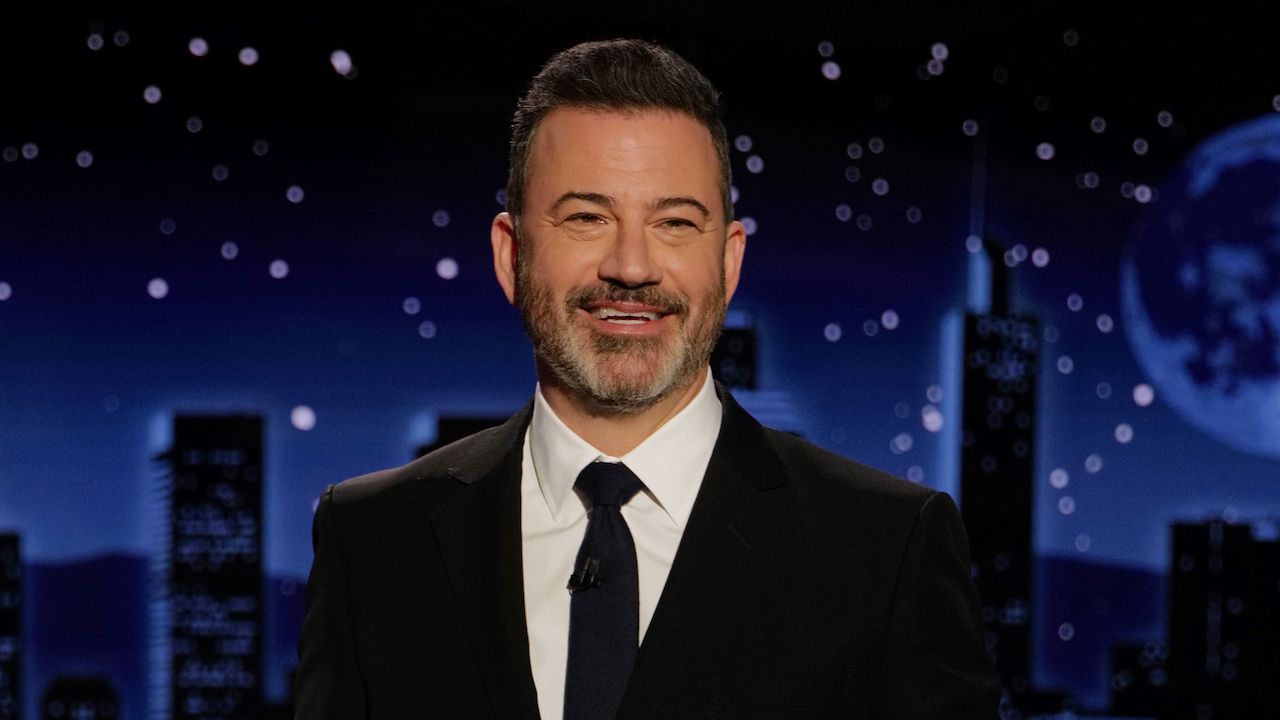There was a lot of talk about free speech in the aftermath of Jimmy Kimmel being suspended. Critics took aim at local TV station owners Nexstar and Sinclair for pulling Jimmy Kimmel Live off the air and at Disney for putting the show on hiatus, but during a recent industry conference, a key executive at Sinclair Broadcasting Group pushed back on that narrative and said the company had a “fiduciary responsibility” to pull Jimmy Kimmel Live. He later contrasted his own company with Meta’s social media properties like Facebook to try and prove his point.
The conference in question happened at NAB New York during the Local TV Strategies panel. Rob Weisbord, the COO and President of Local Media, was asked about the Kimmel situation, and he said the decision to pull the show wasn’t about free speech. Instead, it was about protecting its stations in local markets, presumably from FCC issues after Chairman Brendan Carr threatened regulatory action against ABC and its affiliates over Kimmel’s comments.
Weisbord said Sinclair, Nexstar and other companies that own local TV stations have regulations that streamers and other digital media companies do not. He said because they operate on public airwaves and are regulated by the FCC, they have to maintain a different level of standards and are required to be as accurate as possible. He pointed to Meta, a company he says has openly talked about how they don’t fact check their content. He said they don’t have that same luxury and could lose their license if they don’t try to maintain accuracy. Here’s a portion of his quote, per TV News Check…
Look at the difference in the way the First Amendment is applied to us and to other content companies. Meta has issued a statement that their content is not fact-checked. We have a fiduciary responsibility to deliver the truth.
The controversy happened in the wake of Charlie Kirk’s murder. The popular right wing talking head was assassinated during a rally, prompting widespread shock and outrage. The following week, Kimmel addressed the shooting in his monologue and accused the “MAGA gang” of “desperately trying to characterize the kid who murdered Charlie Kirk as anything other than one of them and doing everything they can to score political points from it.”
We don’t know the full motivations of the alleged shooter, but many reports both at the time of Kimmel’s comments and since have claimed the accused holds left wing views. Some observers felt Kimmel was intentionally distorting the truth and/ or making light of Kirk’s murder in poor taste. Amidst the outrage from some viewers, the FCC Chairman threatened regulatory action, Sinclair and Nexstar said their local stations wouldn’t air Jimmy Kimmel Live and Disney made the decision to suspend the show.
He was later reinstated and returned to huge ratings. He gave a lengthy monologue talking about the first amendment and free speech. He also said it was never his intention to make light of a murder or to infer the shooter represented any group or spoke for anyone other than himself.
If nothing else, these comments are a good reminder of how complicated the Kimmel situation truly was, at least from a structural standpoint. Disney owns ABC, which produces Jimmy Kimmel Live, which airs via its affiliates on local TV stations, which are owned by companies like Sinclair, which are regulated by the FCC. We don’t know what the FCC actually would have done if none of those parties did anything, but after the initial threat was made, Sinclair and Nexstar acted, presumably to protect their own businesses from being investigated and/ or losing their licenses.
So, was the Jimmy Kimmel suspension a free speech issue? Yes. In some respects, it obviously was. In other respects, however, it was the byproduct of the complicated ecosystem that network television exists in.

